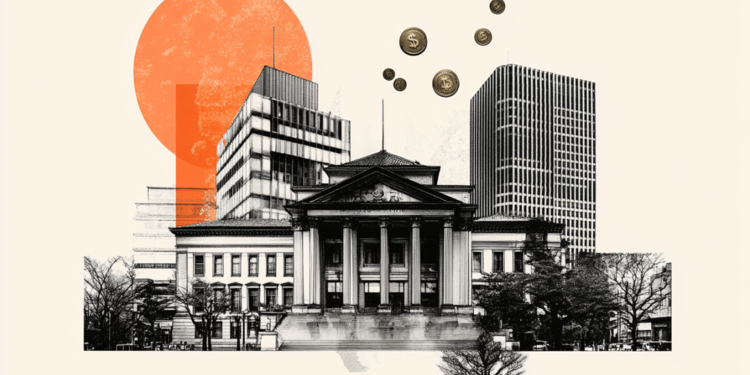Caitlyn Jenner, born as Bruce 75 years ago, biological father of the sisters Kendall and Kylie, and stepfather of the clan of Kardashianmade no secret of his almost 10 years ago transition path in becoming Caitlyn, speaking openly about it. Just as she had no problem with define yourself as an asexual person.
Which does not mean “without sex”, rather instead devoid of sexual attraction towards other peoplewhether they are of the same gender or opposite gender. Caitlyn Jenner was one of the many personalities in the entertainment world to define themselves as “asexual” (like her, among others, also the fashion mentor Tim Gunn and the model Yasmin Benoit), and more and more people define themselves as such.
So we delved into the topic with the expert, Dr. Matthew Merigopsychologist, psychotherapist, clinical sexologist and couples counselor. Here’s what we learned.
Let’s start with the basics: what does asexuality mean?
«Asexuality is a sexual orientation characterized byabsence of sexual attraction towards any gender or personalthough it can include a variety of individual experiences and identities, such as romantic or emotional desires. We could say that more than a true orientation, it can be considered a part of the spectrum of human sexuality, therefore rich in valid and legitimate nuances, even though it may be less known or understood than other sexual orientations.”
Can you really be asexual, considering that we are biologically born with a gender and that sexual energy is connected to instinct?
«Yes, but that’s because sometimes we confuse the libidoso the energetic and biochemical part of sexuality, with sexual attraction. The discussion, therefore, also rests on the great variability of the individual. Some asexual people, for example, They may have a sexual desire, but feel no attraction towards other people, while others may have neither desire nor attraction.. Individual experiences vary widely: some asexual people may choose to have romantic or emotional relationships without a sexual component, while others may not be interested in relationships of any kind».
Why do more and more people define themselves as asexual today?
«There are different factors that come into this discussion. First of all, it is increasing awareness and visibility of asexuality as a legitimate sexual orientation. The internet, social media or information about asexuality is more accessible and many people find resources and communities that help them better understand their experience. From this we can extend the discussion toinclusiveness: many no longer feel alone, but members of a community that understands their needs and experiences. Last but not least, the increase in scientific research and studies on asexuality that have contributed to a better understanding of this orientation. The studies have helped to legitimize asexuality as part of the normal variability of human sexuality, providing a language and a conceptual framework that people can use to describe their experience.”
What characteristics do asexuals have? How do they behave?
“A main characteristic, as we have understood, is the partial or total absence of sexual attraction. This also becomes important, because in considering asexuality as a spectrum, a range of modalities is presented that are not always fixed and stable. There are people who feel very little attraction in sexuality or completely absent, others instead can experience the different romantic orientations such as heteroromantic, homoromantic, biromantic, panromantic or aromantic and so on. The behavior, however, is exactly that of anyone else, so with friendship affiliations, relationship loyalty, shared interests and hobbies and everything that concerns a relationship.”
In the long run, what can such a choice entail in terms of changing one’s personality, but also physically?
«Let’s start with a concept that is valid for all orientations: they are not choices, but a complex of individual aspects. We can choose the people we love, but not our orientation. As for personality, Many asexual people can become more aware and accepting of themselves. Recognizing and embracing one’s identity can lead to increased self-esteem and a sense of authenticity. Additionally, asexual people often develop strong communication skillsas they have to explain and discuss their limits and desires in relationships. This can lead to deeper and more authentic relationships based on mutual understanding.
Physically, asexuality itself does not cause any specific changes. However, the way a person manages their relationship and sexual life can affect their overall well-being. For example, some asexual people may choose not to have sexual intercoursewhich does not necessarily have negative effects on the physical level, unless other aspects of sexual and reproductive health are neglected, such as the prevention of sexually transmitted diseases or fertility management, if relevant. Also Stress levels may decrease for those who do not feel obligated to conform to society’s sexual expectations, contributing to greater emotional and physical well-being.”
Source: Vanity Fair
I’m Susan Karen, a professional writer and editor at World Stock Market. I specialize in Entertainment news, writing stories that keep readers informed on all the latest developments in the industry. With over five years of experience in creating engaging content and copywriting for various media outlets, I have grown to become an invaluable asset to any team.







